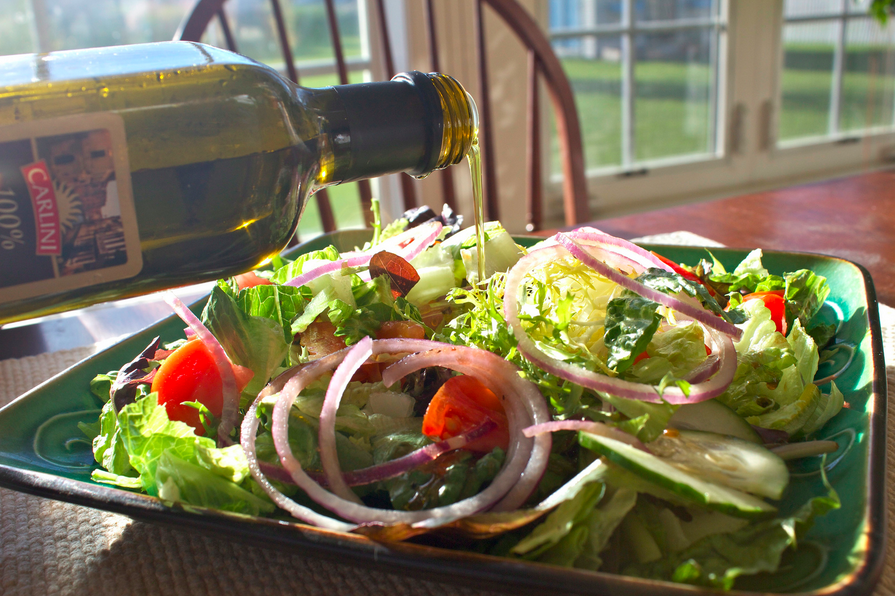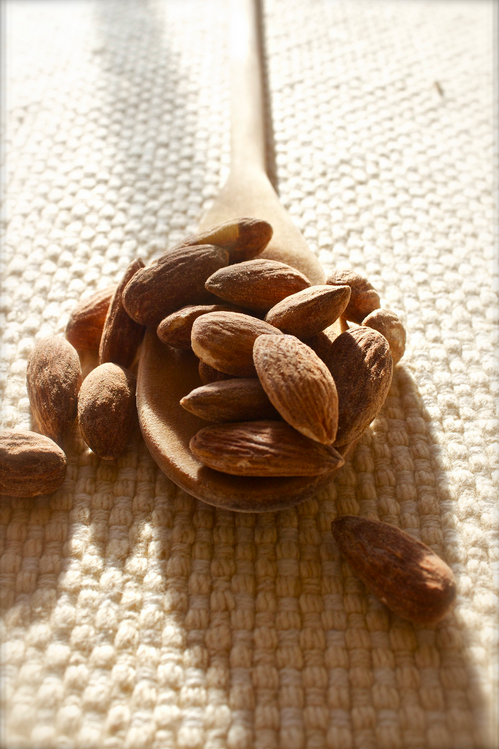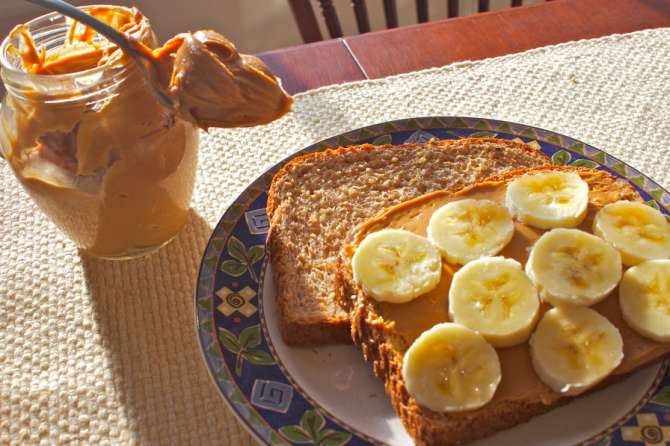“Is this fattening?” A classic question I hear from my friends who are trying to lose weight or be health conscious. Everyone seems to want to jump on the healthy living bandwagon, but they are unsure how. Do you cut fat out? Go for the ‘low fat’ option all the time? When posed with this question about fat avoidance—I usually respond, “there’s not fat in this, but I wish there was!”
Confused? I know. But for those of us who follow a plant based diet and even a ‘meat-light’ diet should know that plant based fats are good for you! The health benefits have been studied for many years, and while the definite verdict is still out on exactly why these fats are so good for you, it is clear that we should eat them.
We need fat to live. We need it to help vitamins dissolve and nourish our bodies. We need it to cushion our organs and help create essential hormones in our bodies. It is recommended that adults get 20-35% of their calories from fat (based on 2010 dietary guidelines). Obviously there are fats that aren’t so great for you in excess-like saturated animal fats (meats, full fat dairy). And there are fats that we probably should avoid all the time- like trans-fats (made by artificially, hydrogenating vegetable fats for processed food). Too much of these fats have been shown to increase the risk of cardiovascular disease and type two diabetes by raising LDL blood cholesterol levels.
The type of fats that are now being marketed as “good fat” are unsaturated fats (both monounsaturated and polyunsaturated). It has been shown in studies that these types of fats can actually help lower LDL cholesterol (the kind we don’t want) and raise HDL cholesterol (the kind we like!). Some types of monounsaturated fats are olive oil, canola oil, sunflower oil, peanut butter (and other nut butters), sesame oil, avocados and nuts. Polyunsaturated fats are found in fatty fish like salmon, tuna, mackerel, and herring. They are also found in soy milk, soybean oil, tofu, corn oil, safflower oil, walnuts, pumpkin seeds, sesame seeds and flaxseeds. Ever hear that you need your Omega 3’s and 6’s? That’s because they are essential fatty acids, meaning that we can’t make them on our own and need to supplement them with diet. Polyunsaturated fats are where we can find these sometimes confusing essentials.

Photo by Connie Fan
Notice that a lot of these fats are liquid at room temperature because the fatty acids that make them up are not completely saturated with hydrogen. This causes double bonds and “kinks” to form between the carbon bonds that make up the tails of the phospholipid molecule.
Now let’s do a quick review because it’s getting a little science-y and confusing: fat isn’t bad for you in moderation-in fact, it can be very good for you. Saturated fat from animals should be eaten in smaller amounts—try to get your fat calories from plant based fats (mono/polyunsaturated). These types of fats have essential fatty acids and can make your snack time or meal more satisfying- actually causing you to eat less (if you listen to your body!).
This is obviously a super quick overview of fats-but hopefully it makes trying to eat a little healthier, a little less confusing. Demonizing any food is unhealthy, as is eating “good for you” food in excess. Keep this in mind before you dive face first into that jar of almonds. Have the recommended serving and relish in your new knowledge that you actually just did something that your body will thank you for later!

Photo by Connie Fan
Want to get in on my favorite type of macromolecule? Here are some quick tips to add them to your diet.
- Snack on some raw, unsalted nuts if you feel your stomach start to grumble between classes.
- Drizzle some olive oil (about 1 Tbsp.) onto your salad with some pepper and balsamic vinegar-instant monounsaturated salad dressing!
- Bake some tofu for dinner instead of that chicken or hamburger. Here are some instructions.
- Need a quick lunch or breakfast? Have half a piece of whole wheat bread topped with 1 tablespoon. of nut butter and a sliced banana-yum!
- Throw some flaxseeds or chia seeds in your next fruit smoothie or baked good and taste the benefits.

Photo by Connie Fan
Next up: The fat world is about to get turned upside down and a little more convoluted by a recently popularized health food that is a saturated fat…coconut oil!

